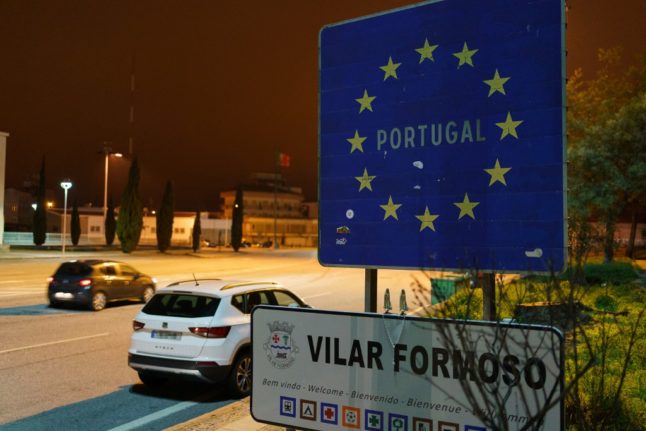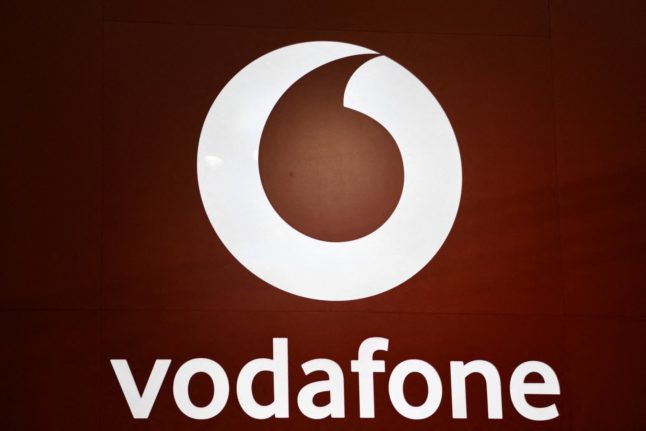Spaniards are now taking advantage of cuts to VAT on food products in Portugal to drive across the border and make supermarket savings. Since April, the VAT on 44 basic foodstuffs was cut to zero in Portugal.
The essential items include meats and fish (fresh, chilled and frozen), as well as vegetables, rice, pasta, cheeses, milk, yogurts, and certain fruits such as apples, pears, oranges and melons. Legumes and vegetable drinks are also included.
The tax cut, a measure taken by the Portuguese government to help ease financial pressures caused by high inflation, is provisionally in place until the end of October. After coming into force this week, shops have fifteen days to reflect the drop in prices – some of which have fallen by between 6 and 19 percent.
READ ALSO: 17 essential articles that will help you save lots of money in Spain
As a result, a new trend has emerged in Spanish towns close to the Portuguese border, particularly in the north-western region of Galicia: driving into Portugal to do their food shopping and make savings.
Spanish news outlet La Sexta did a price comparison trip across the border, buying supermarket goods in both Galicia and across the border in Valença do Minho, and found the Portuguese supermarket to be 26.5 percent cheaper.
Antena3 did their own price test, comparing the total price of a litre of milk, chicken, a loaf of bread, and three oranges. In the Portuguese supermarket, it worked out at €5.37, but across the border in a supermarket in Tui, Pontevedra, the price was €8.50, a difference of over €3.
Unsurprisingly, the VAT cuts have been well received by Spaniards living in border towns. “It encourages more to come to Portugal because life is expensive… while you go for a walk you make savings,” one woman told antena3.
In previous months, cross border shopping had been in the other direction, with many Portuguese shoppers taking advantage of VAT cuts in Spain in late-2022 and early-2023, but following the VAT cut to zero in Portugal the traffic has changed direction.
Inflation in Spain dropped to 3.3 percent year-on-year in March, down from six percent in February, according to preliminary data from Spain’s National Statistics Institute (INE), which makes it the lowest figure among major Eurozone economies.
Despite that, and despite the Spanish government’s own VAT reduction on food products, prices have continued to rise in Spain. According to INE figures, prices in February were six percent more expensive than twelve months earlier, and food has become more expensive by 16.6 percent overall in the last year, the highest inter-annual rate since January 1994.
READ ALSO: Food prices in Spain rise 16 percent despite VAT cut
For as long as this trend continues, and the Portuguese government maintains its 0 percent VAT measure, Spaniards in border regions are likely to travel to make savings.



 Please whitelist us to continue reading.
Please whitelist us to continue reading.
Member comments